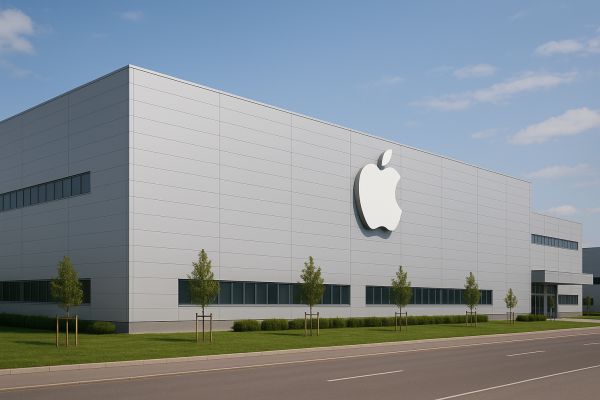In recent decades, the dramatic loss of biodiversity has created new challenges for the global environmental balance and human well-being. In response, Google's latest announcement introduces three new initiatives aimed at protecting and restoring nature and ecosystems in critical areas.
Over the past fifty years, populations of mammals, birds, fish, reptiles, and amphibians have dropped by an average of 73% worldwide. Climate change, water scarcity, and the depletion of resources are making this trend even worse. In fact, 55% of the global economy—worth about $58 billion—is at significant risk because of this environmental decline. Evidence suggests that without immediate action, these problems will also threaten economic stability.
For over 20 years, Google has been developing tools and technologies to help partners, non-governmental organizations, governments, and academic communities address the loss of nature and biodiversity. These technologies make it easier to collect data, build models, and support decision-making. Now, three new programmes have been announced and are open for applications.
1. Startup Accelerator Programme
This programme is designed to support start-ups that focus on protecting, managing, and restoring nature. At this year’s World Economic Forum in Davos, biodiversity loss was identified as the greatest global risk for the next 10 years. Therefore, Google will support start-ups that work on data collection, modeling, and creating decision support systems to face these challenges. The programme includes 10 weeks of training, engineering assistance, and expert support. Applications are accepted from March 3, 2025, to March 31, 2025, and the programme will begin in May 2025. More details are available here.
2. Artificial Intelligence for Nature Programme
A $3 million grant is available for Brazilian non-profit organizations and research centres to develop solutions based on artificial intelligence. The funding will focus on three key areas:
-
Reversing Biodiversity Loss: Creating protected areas and indigenous territories.
-
Supporting Bioeconomies: Developing technologies that strengthen the value chain for forest products and services related to Brazil’s socio-biodiversity.
-
Promoting Regenerative Agriculture: Supporting sustainable farming practices, especially for small farmers.
More information on the programme can be found here.
3. SpeciesNet Open Source Artificial Intelligence Model
SpeciesNet is an AI model designed to identify animal species by analyzing images from camera traps. Since 2019, thousands of wildlife biologists have used this tool on the Google Cloud-based Wildlife Insights platform to monitor biodiversity and guide conservation decisions. This new programme will make the model open source, allowing scientists, tool developers, and start-ups to expand monitoring efforts in natural areas. The project is available on GitHub.
More details on the projects are available in a blog post published by Google.


























